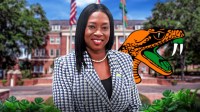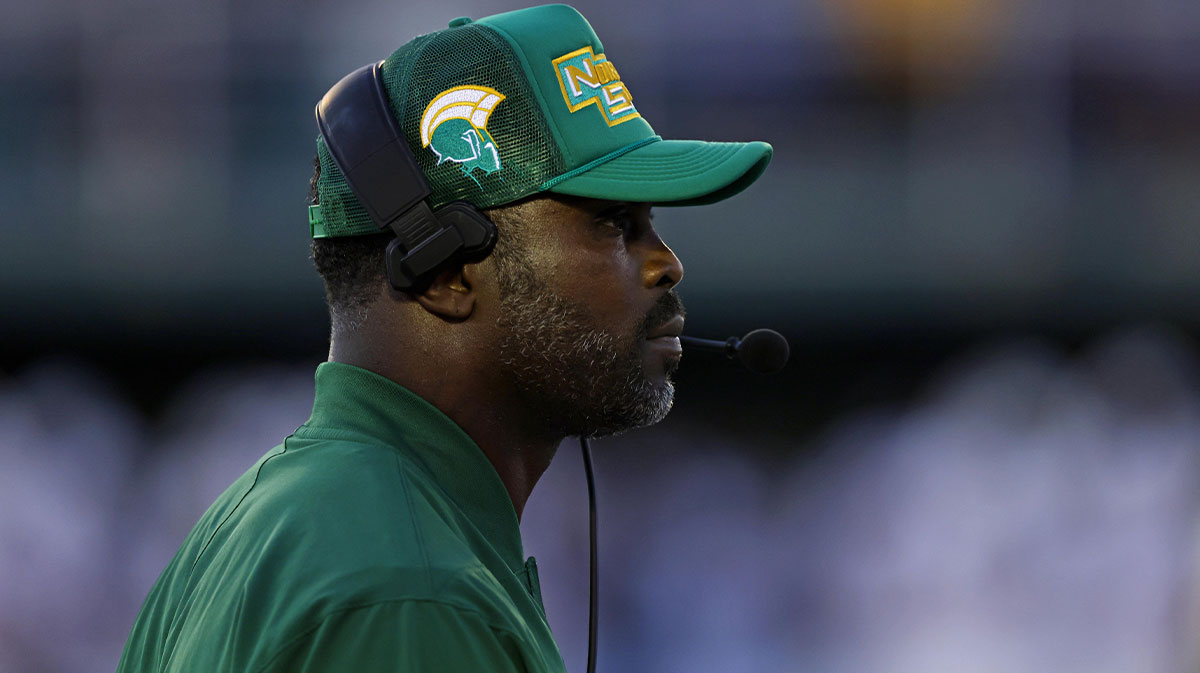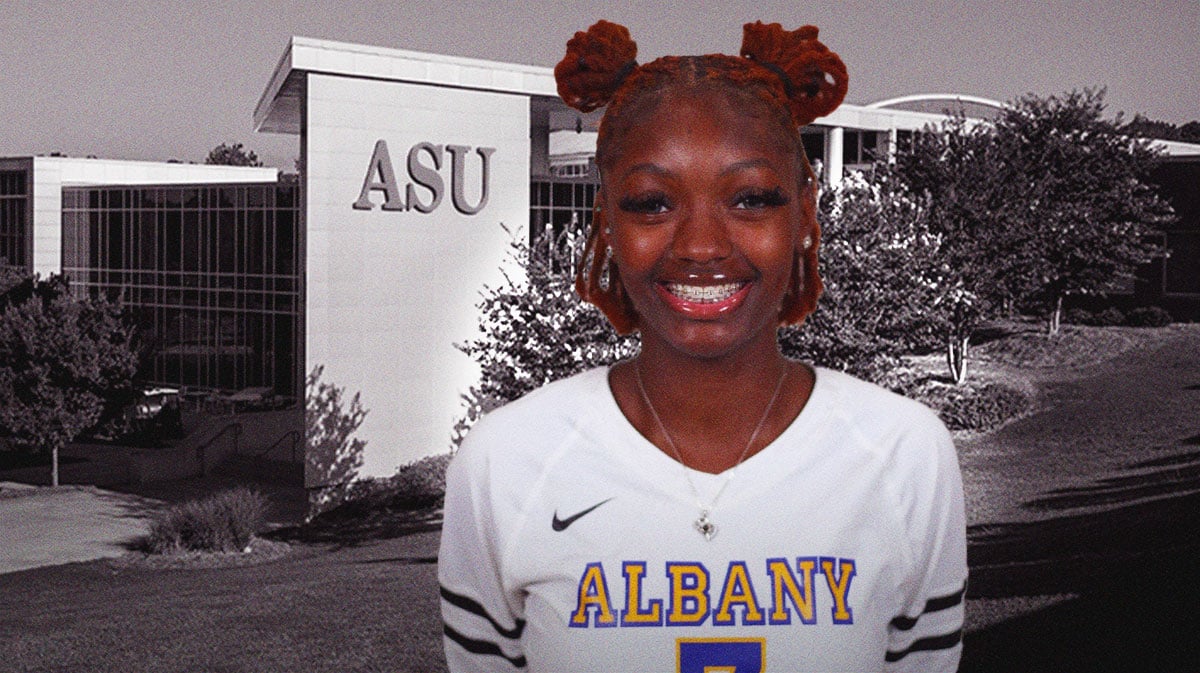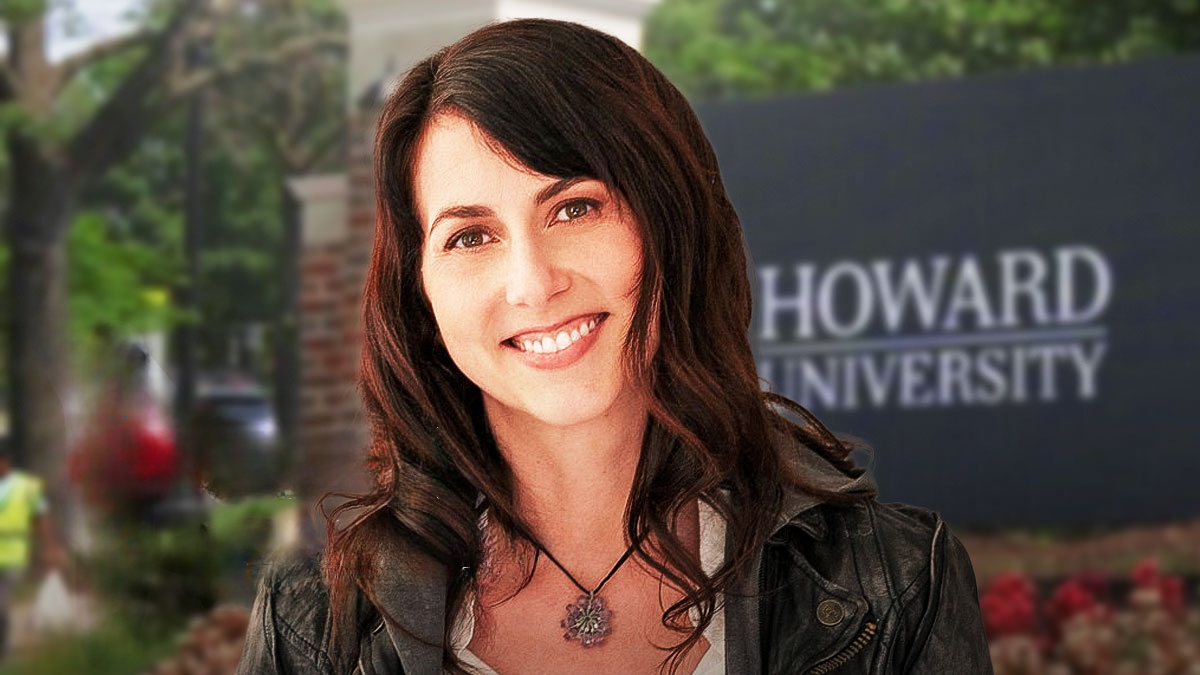Bowie State University's study program for incarcerated individuals in Maryland has garnered significant attention since its launch in January 2022. The program, which has been immensely successful, recently caught the eye of CBS News, leading to a feature on the university's partnership with Jessup Correctional Institute.
Expanding its reach, the program is now accepting 10 new students, including incarcerated women who can now participate. The upcoming cohort will consist of 10 to 20 women who are within 12 months of being released from the institution. These individuals will be offered a restorative justice program, comprising four courses designed to facilitate their reintegration into society.
Dr. Charles Adams, chair of the Department of Criminal Justice at Bowie State, said via a press release obtained by HBCU Pulse, “This program has been wildly successful. Our goal is to educate and help inspire these men to make meaningful changes in their lives so they’re better prepared to reintegrate into society after they are released. With the proliferation of AI and other technologies, it is imperative returning citizens have skills that can translate into a job market that is constantly changing.”
The program for men was made possible through the Second Chance Pell Grant, while the women's program received funding from a four-year $385,000 grant provided by the State of Maryland. However, students within the program are advocating for increased support.
“The courses are designed to serve as career pathways to encourage women to pursue education, sociology or other degrees since female offenders are often invisible and programs are not designed to meet their needs. With female incarcerated citizen populations surging in Maryland, it is imperative Bowie State is there to meet their needs, particularly since most of them are women of color,” Dr. Matasha Harris, a professor in the Department of Criminal Justice and coordinator of the women’s program, said.
According to comments obtained by Blavity, Jermain Williams, a 37-year-old student, expressed his desire for more resources, such as books, a printer, and a projector. He also highlighted the potential need for additional tutoring. Mark Booker, one of the instructors, echoed this sentiment, acknowledging students' requests for more class options and access to online research journals.
Still, the program is expanding educational opportunities for incarcerated individuals.



















